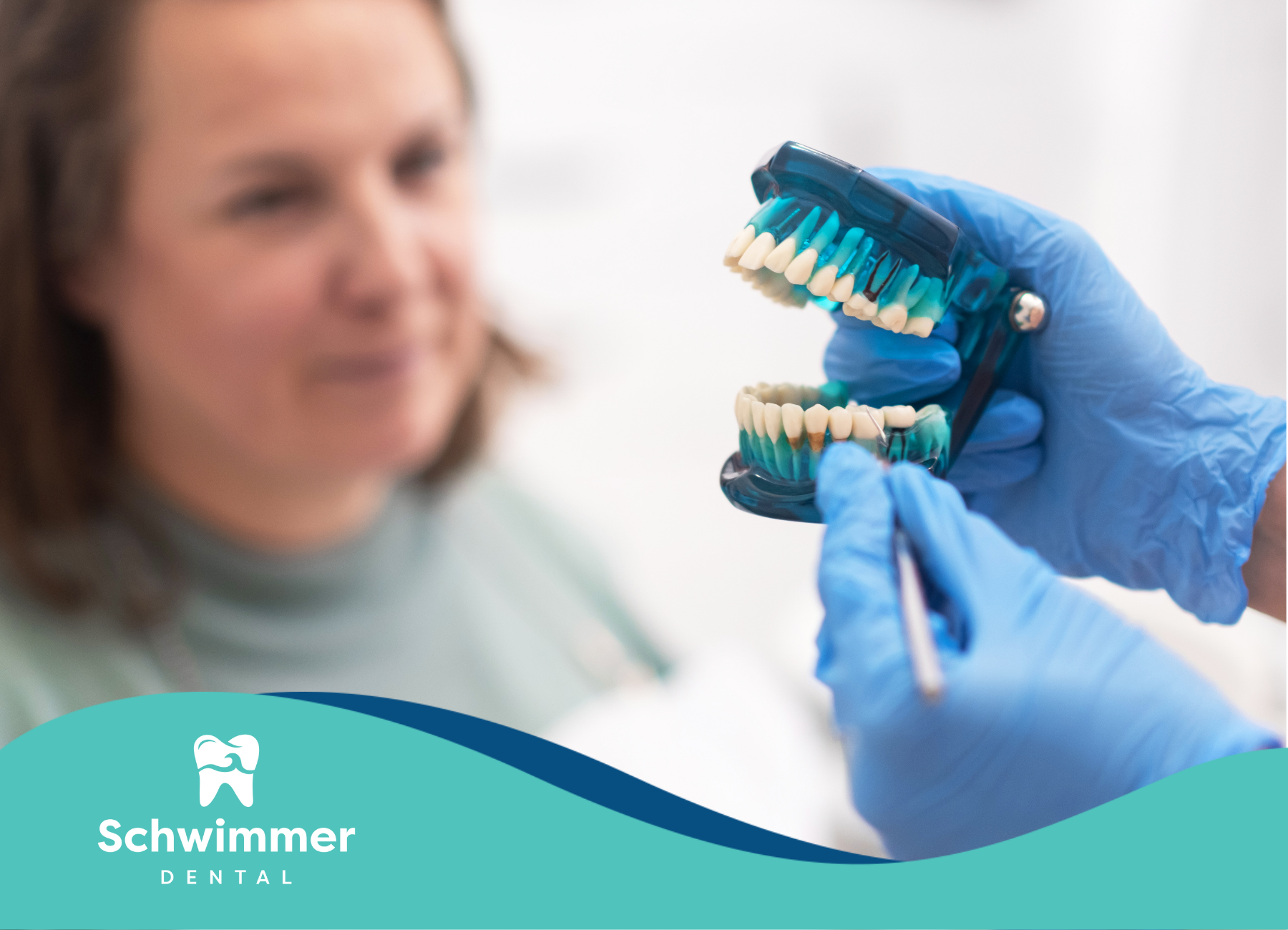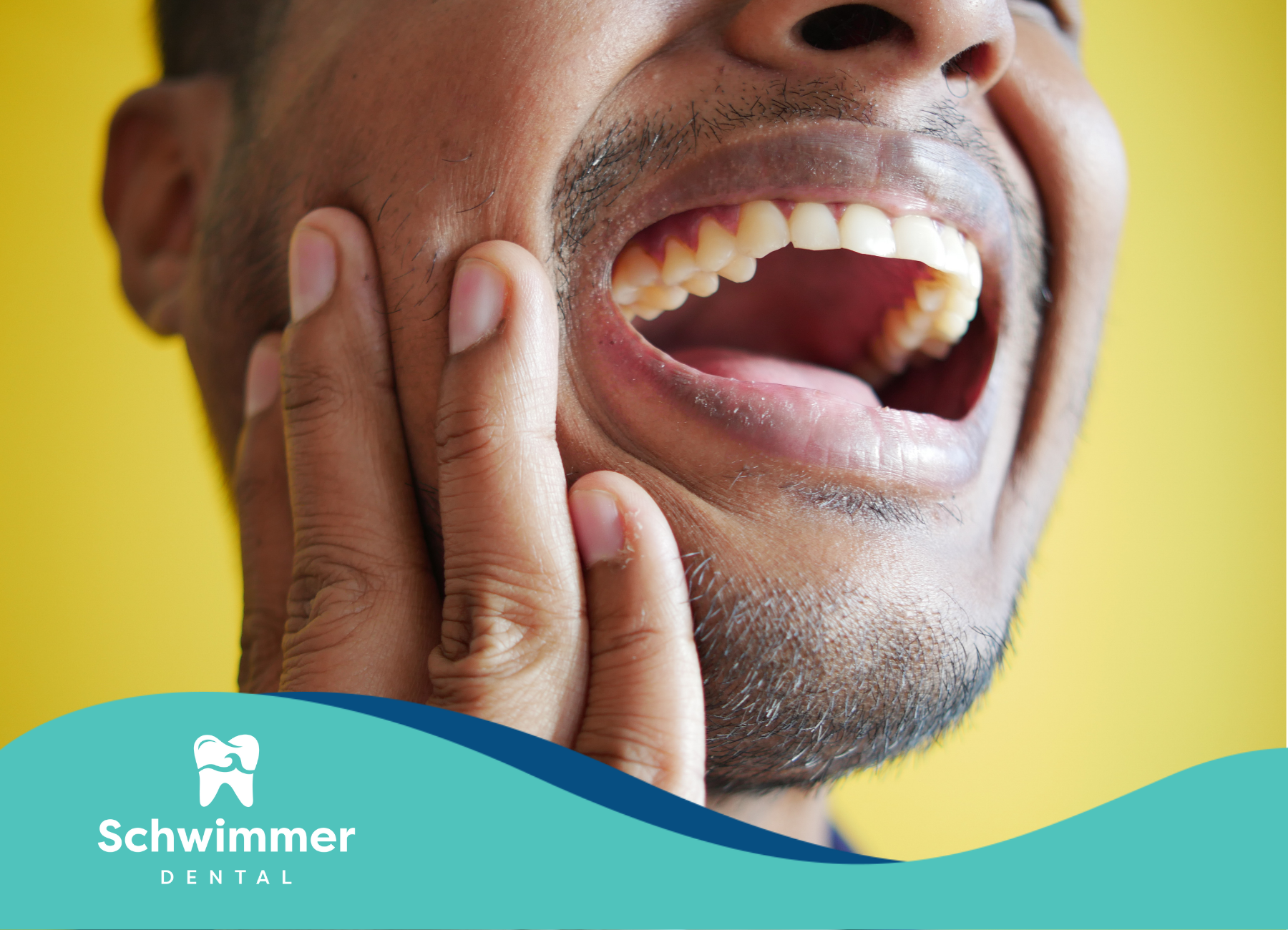Have an appointment? Complete the Intake Form
Discover the Optimal Time to Brush Your Teeth Daily
Key Highlights
- Brushing twice a day remains crucial for optimal oral hygiene.
- The timing of your brushing can significantly impact your dental health.
- Brushing before breakfast offers better protection for your tooth enamel.
- Waiting 30-60 minutes after meals, especially acidic ones, is recommended before brushing.
- Always consult your dentist or dental hygienist for personalized oral care advice.
Introduction
Keeping good dental hygiene is very important for a healthy smile. It's essential to have a good oral hygiene routine. Most people know they should brush twice a day. However, many do not know the best time to brush for the best results. This blog post will look at the science of brushing. It will answer common questions and help you set up an oral hygiene routine that focuses on your dental health.
Understanding the Importance of Timing in Oral Hygiene
The timing of when you brush your teeth is very important for how well it works. When you sleep, your mouth produces less saliva. Saliva helps protect your mouth from bad bacteria and acids. So, when saliva drops, plaque-causing bacteria can grow, making that "morning breath" we all know.
Also, eating and drinking, especially acidic foods, can harm your tooth enamel for a short time. If you brush your teeth right after eating, it can damage the enamel even more while it is weak. This is why you need to know how the timing of your brushing routine affects your mouth to keep good oral health and protect your teeth from harm.
The Impact of Saliva Production on Dental Health
Saliva is important for keeping good dental health. It helps protect against harmful bacteria. During the day, saliva can neutralize acids that bacteria create in plaque, wash away food particles, and help remineralize tooth enamel. At night, saliva production goes down. This makes your mouth more acidic.
That’s why brushing first thing in the morning is so important. It cleans away plaque and bacteria that built up overnight. It also gets saliva production going for the day. Mouthwash can help freshen your breath, but it doesn’t work the same way as saliva. So, brushing in the morning is a must for your oral hygiene routine.
How Food and Drink Affect Tooth Enamel Throughout the Day
Throughout the day, our tooth enamel faces many foods and drinks that can harm it. Acidic foods and sugary drinks are especially risky. They can make the enamel softer, which increases the chance of damage when we brush our teeth.
When we eat acidic foods and drinks like citrus fruits, coffee, and soda, it can lower the pH level in our mouth. This makes the area more acidic, which harms the enamel. Brushing your teeth right after consuming these can speed up this damage. It is better to wait for 30 to 60 minutes. This time allows your saliva to neutralize the acids and help re-harden the enamel before you brush.
Morning Brushing: Kickstart Your Day the Right Way
Your morning routine can influence how your whole day goes. It's important to make oral hygiene a priority. Many people brush their teeth after breakfast. But recent studies say brushing before breakfast could be better for your dental health. This helps get rid of plaque and bacteria that build up overnight. It also protects your teeth before eating or drinking.
The best method really depends on what you like and your habits. The key is to have a regular morning routine that includes brushing. Also, make smart choices based on what you eat and drink.
Before Breakfast: Pros and Cons
Brushing your teeth before breakfast is a hot topic in the dental world. Supporters say it helps get rid of plaque and germs that build up overnight. Plus, it puts a layer of fluoride from the toothpaste on your teeth. This is good for fighting "morning breath" and getting your mouth ready for the day.
Here’s a summary:
Pros:
- Gets rid of overnight plaque and bacteria.
- Adds fluoride to your teeth.
- Refreshes breath and helps with taste.
Cons:
- Some people like to brush after eating instead.
- It takes discipline to brush before meals.
The most important thing is to find a morning routine that fits your needs and helps maintain good oral care.
Navigating Morning Beverages: Coffee and Tea Considerations
Coffee and tea are popular morning drinks for many people. However, they can harm your tooth enamel, especially if you drink them before brushing your teeth. The tannins in tea and the compounds in coffee can stain your teeth. This makes it very important to brush at the right time.
Here are some points to think about:
Coffee Considerations:
- It is very acidic; this can weaken your enamel.
- It can discolor your teeth.
- Wait at least 30 minutes after drinking coffee before brushing your teeth.
Tea Considerations:
- Tea has tannins that might stain your teeth.
- The acidity in tea can differ based on the type.
- Rinsing with water after tea can reduce staining.
If you love your morning coffee or tea, try rinsing your mouth with water afterward. This can help neutralize acids and lower staining.
Conclusion
In conclusion, knowing the best time to brush your teeth is very important for good oral care. You should think about how saliva production changes and how food and drinks can affect your tooth enamel during the day. You can choose to brush in the morning, either before or after breakfast, or at night. What's most important is to brush at the same times each day. Keeping a regular brushing schedule and practicing good dental care are key to a healthy smile. If you have more questions or need help, feel free to contact our experts for advice.
Frequently Asked Questions
Is it better to brush my teeth before or after breakfast?
Brushing your teeth at different times has its good points. Brushing before breakfast can protect your enamel from acids found in food. If you choose to brush after breakfast, it's best to wait 30 minutes. This way, you can avoid brushing away softened enamel. Waiting also helps you get the most benefits from the fluoride in your toothpaste.
How does brushing at night differ from morning brushing?
Brushing your teeth at night, ideally just before you go to bed, is very important. It helps get rid of food debris and plaque buildup from the day. While you sleep, your saliva production goes down. This is why good brushing and flossing at night can help stop tooth decay and problems along your gum line.
Can drinking coffee or tea affect when I should brush?
It is a good idea to wait 30 minutes after drinking coffee or tea before you brush your teeth. Both drinks are acidic. Waiting will help protect your tooth enamel. Also, using fluoride toothpaste can give your enamel extra protection from these beverages.
What if I can only brush my teeth once a day?
If you can only brush your teeth once, try to do it at night. Make sure to clean your teeth well. Use a soft-bristled toothbrush or an electric toothbrush to remove plaque effectively. Using fluoride toothpaste and interdental brushes can also help you keep your dental health in good shape.
Need Assistance? We’re Here to Help
We are dedicated to enhancing your dental health and well-being.
We provide personalized dental care solutions for a confident, healthy smile.
Contact us today for Professional Dental Care.

Our caring staff will help you feel relaxed and comfortable in our state of the art office. We respect your time and pledge to deliver prompt service, backed by the latest knowledge, techniques, and technology.
Email: Office@schwimmerdental.com
Tel: (732) 899-3363
Fax: (732) 899-3347
Address: 1115 Arnold Ave,
Point Pleasant, NJ, 08742
Schwimmer Dental – Website by CWS


